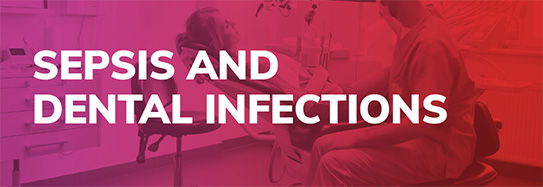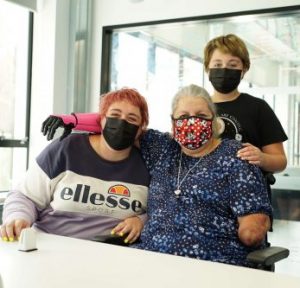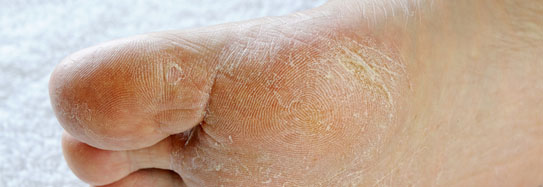Infections can develop anywhere in your mouth – in the gums (periodontal), lips, palate, cheeks, and tongue, or within and below teeth (endodontic). Paying attention to dental health is essential in preventing dental infections. A dental infection within or below a tooth can be caused by tooth decay or a broken tooth that causes the pulp to become infected. The pulp is the part of the tooth that contains blood vessels, connective tissue, and large nerves. When an infection occurs, bacteria can move out of the tooth to the bone or tissue below, forming a dental abscess. A dental infection can lead to sepsis.
Children are also at risk for dental issues, including caries (cavities) and infections. According to the National Institute of Dental and Craniofacial Research (part of the National Institutes of Health), during the period from 2011 to 2016, 23% of children ages 2 to 5 years have had dental caries in their primary teeth. Black and Mexican American children were also more likely to have decay than white children.
Sepsis, which was often called blood poisoning, is the body’s life-threatening response to infection. Like strokes or heart attacks, sepsis is a medical emergency that requires rapid diagnosis and treatment.
Suggested Citation:
Sepsis Alliance. Sepsis and Dental Health. 2024. https://www.sepsis.org/sepsisand/dental-health/
Updated January 25, 2024.






































